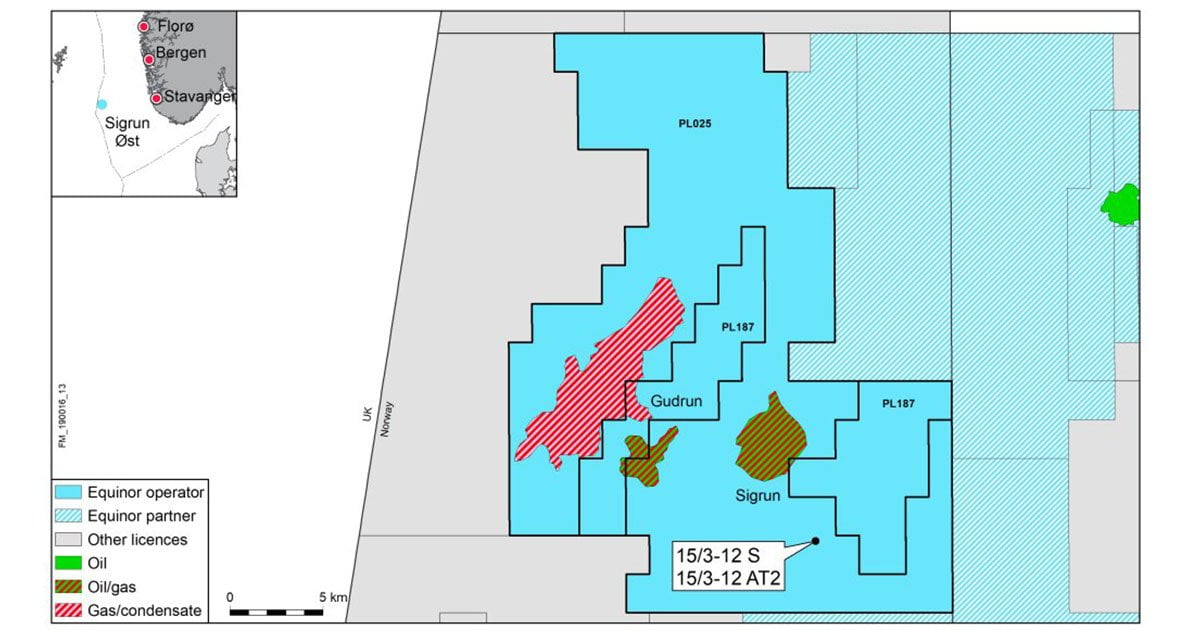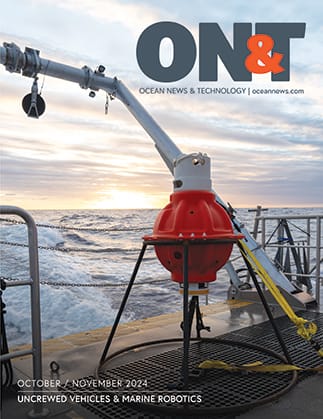“Sigrun East is a win-win. Exploring near existing infrastructure we prove resources that can be profitably realized, while producing with low CO2 emissions,” says Equinor’s senior vice president for exploration in Norway and the UK, Nick Ashton.
The average CO emissions per produced unit on the Norwegian continental shelf is around half compared to the international average. Equinor’s goal is to reduce total greenhouse gas emissions from operated fields and onshore facilities in Norway by 40 percent by 2030.
“We have said that we aim to be an industry leader on carbon-efficient production. Sigrun East contributes towards this end. Calculations so far indicate that we will manage to produce the oil with carbon emissions below 8 kg/barrel,” Ashton says.
Exploration wells 15/3-12S and 15/3-12AT2 in production license PL025/187 were drilled some 11 kilometers south-east of the Gudrun field.
The main well proved oil in three zones in moderate-quality sandstone in the Hugin formation. The Sigrun East wells are follow-up wells to the Sigrun appraisal well (15/3-11) drilled in 2018. The aim was to prove extra resources and clarify the commercial basis.
Based on the positive exploration results efforts aimed at developing and producing the oil via the Gudrun field will be initiated, which could provide significant added value.
The wells were drilled by the West Phoenix drilling rig to a vertical depth (TD) of 3810 meters and 4038 meters respectively in 109 meters of water. The rig will now move to PL889 in the Norwegian Sea to drill a new exploration well.
The wells were drilled as sole risk wells by Equinor Energy AS (75%) and Neptune Energy Norge AS (25%). The partners in PL025/187 are Equinor Energy AS (36%, operator), Neptune Energy Norge AS (25%), OMV Norge AS (24%), and Repsol Norge AS (15%).

